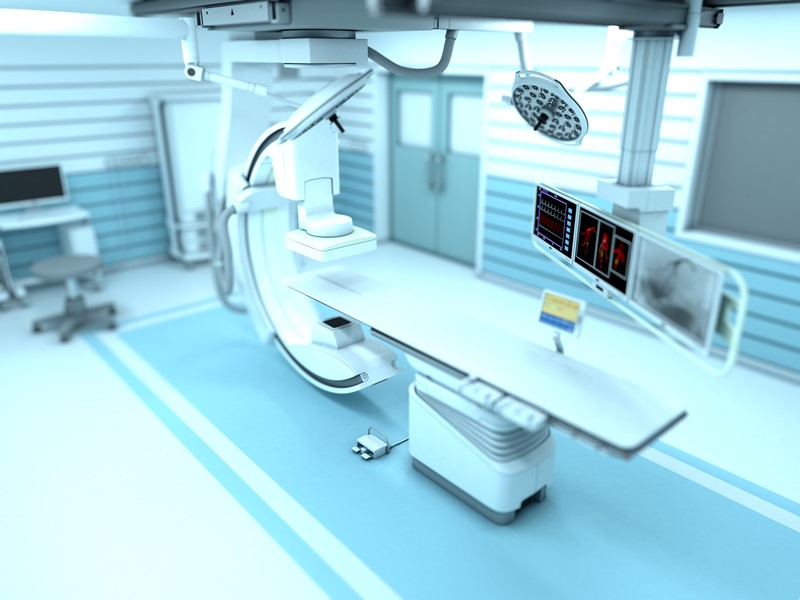What is a liver resection?


Scans and Procedures
These may be required to clarify your diagnosis and help decide if a liver resection is your best treatment option. This might mean repeating a scan that you have previously had or having a different one, which can include any of the following:
- CT scan, MRI scan, Ultrasound scan
- Nuclear Medicine Investigations e.g. PET scan
- Endoscopic Investigations
- Laparoscopy (keyhole surgery to view the abdominal organs)
What happens during surgery?
During the operation surgeons will send samples from your liver to the lab for testing by pathologists. The results from these tests will be available when you come back for a follow-up appointment.
After surgery you will spend 1-2 days in Intensive Care. Some patients will need to stay longer but once you are medically ready you will be transferred to a liver ward.


Going home
Usually patients will be well enough to go home after 5-7 days. Once you are at home you can begin the process of getting back to normal.
You should try and keep as active as possible, but please remember you will tire easily so you may need regular rests. You should not do any heavy lifting or driving for about 6 weeks.
What happens next?
At your first follow up appointment, you will either see a doctor or a member of your clinical team. They will give you the results of the tissue sample that was sent off during your operation and they will discuss this with you to let you know if you require any further treatment.
If you have had your operation to remove cancer:-
You will need to be closely monitored for 5-10 years after your surgery. Please ask your doctor or nurse what your follow-ups will entail.
You may need further treatment and an appointment will be made for you with the oncology team to discuss your options.

What are the risks and complications of liver resection?
All major surgery carries risks, but as these operations are undertaken to try and cure your disease, so you may decide the risks are worth taking.
Complications can occur both during the operation and afterwards during your recovery. These can be managed by your clinical team. Please be aware that you are unlikely to develop all of these conditions and may not develop any of them.
Bile leaks
There is a complicated network of bile ducts within the liver. After surgery, there can sometimes be leakage into the surrounding area. You will be carefully monitored for this and normally the issue resolves itself however you may need to have a drain inserted to manage the problem. Very rarely, some patients might need another operation.
Bleeding
Some bleeding during the operation is normal. Bleeding from the cut liver surface is controlled and is rarely a problem. You may have a blood transfusion during or after the
operation. If bleeding continues you may need to return to theatre but this is extremely rare.
Chest infection
This is a common complication and can occur if you are not moving around enough or breathing deeply enough after the surgery. The physiotherapists will show you breathing
exercises and encourage you to be mobile as soon as possible in order to minimise the risk of chest infections.
Wound infection
You will have a fairly large wound over your upper abdomen. 30 – 50 % of patients will get an infection in this wound. This is usually a minor infection and can be treated with antibiotics. The wound can usually be dressed by the practice nurse at your GP surgery or by the District Nurses in your home.
Is there a chance of dying from this operation?
Yes there is a risk of death. There are risks associated with all operations, even with surgery that is considered to be minor. The risk of dying from having liver surgery is about 2-3%.
Liver surgery is often performed after a diagnosis of cancer, so the risks to you of having surgery are balanced against the risks of not having surgery.
You will be able to discuss your own specific risks with the team before you make your decision. This is very individual and is based on several factors including how well you are in general.
Liver failure
On very rare occasions, the remaining liver can stop working properly after surgery. This, however, often resolves itself after a period of time.
Liver Resection Leaflet
If the cancer is found early, it may be possible to remove the piece of liver with the tumour in it. This is called a liver resection. This is only possible if the liver is otherwise healthy or has an early stage of cirrhosis.
You can download our information leaflet about liver resection here: